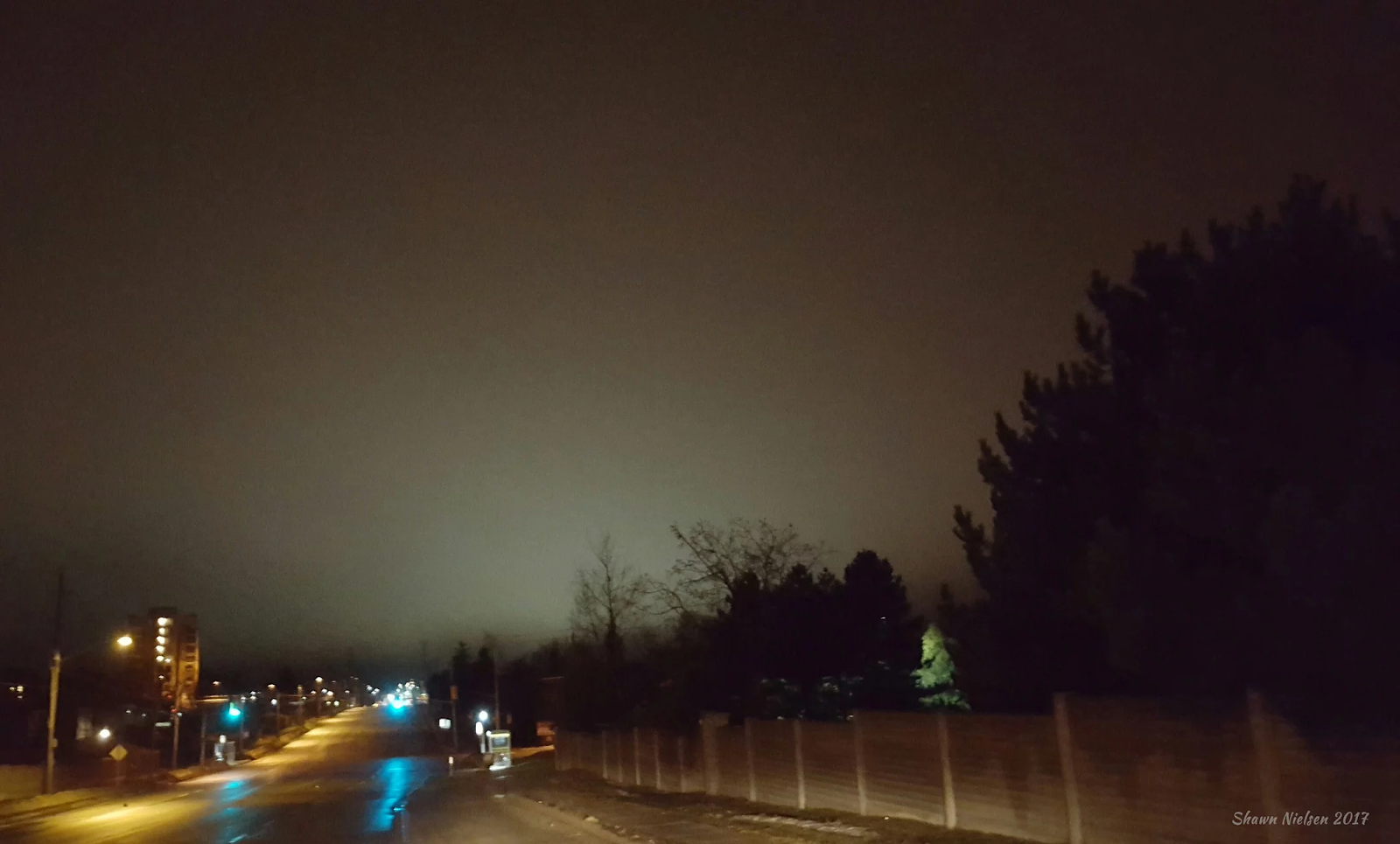Can you see your stars?

When you hear the term "light pollution," what do you think of? Do you think of light bulbs, lamp posts, or even fireworks that are way too bright? In that case, you'd be correct. Light pollution is defined as the unwanted and excessive presence of unnatural light, also known as artificial lighting. Studies of light pollution began way back in the 19th century, yet efforts to reduce light pollution didn't begin until the 1950s. You can learn more about how to reduce light pollution here. Astronomy is one of the many things negatively impacted by light pollution, yet many people don't realize its importance. As one of the oldest branches of science, astronomy has been used to measure time, mark the seasons, and even as a means of exploration. Astronomy is relevant to this day. As light pollution increases, skyglow increases as well. Skyglow is defined as the illuminance of the night sky, not including natural light sources such as the stars and the Moon. Skyglow br...

